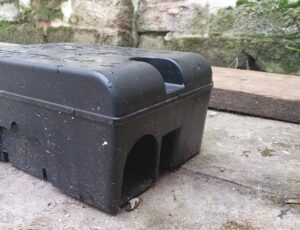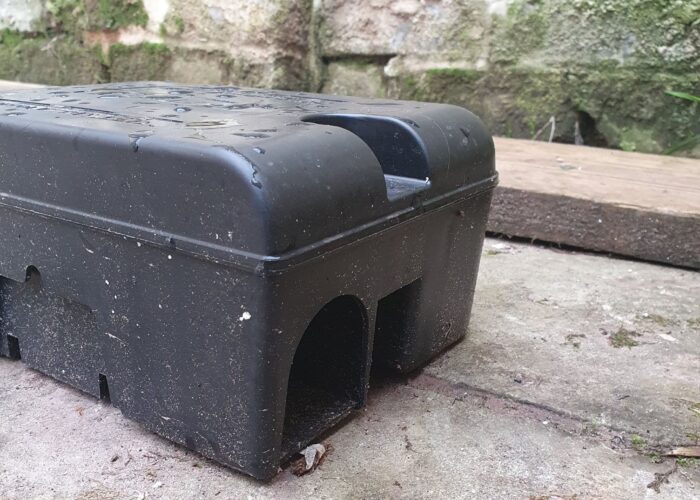
Wavertree residents have described ‘fighting a losing battle’ against rat infestations with some saying the rodents have become ‘the new normal’.
There have been multiple reports of rats in bins, inside walls and behind kitchen cabinets in the area.
Mother-of-two, Chelsea Bailey, said: “They’re absolutely everywhere these days and they’re massive too, none of these little mice things that you see on pictures.
“We see them in the garden all the time, the dog is petrified of them. We’ve been struggling with them since we moved in here two years ago. Our garden is covered in big concrete slabs, but they literally burrow underneath them and physically move them to get in.”
Many streets in Wavertree have gated alleys where bins are stored and then moved out on collection days.
Ms Bailey, from Smithdown Road, added: “We reckon it’s because of all the students in the area. They party and leave bin bags and rubbish in the back alleys where the bins are stored. The back alleys are an absolute tip.”
Woodcroft Road resident, Ian Heron, also believes the bins are attracting the rats. He said: “Once every two weeks for recycling isn’t enough, that’s why there’s rubbish everywhere which feeds the rats.
“People spend so much money on poison and traps to deal with the issue, which isn’t their fault really.”
Liverpool City Council said it has not been made aware of the issues of rats in the Wavertree area.
A council spokesperson told JMU Journalism: “We currently have no evidence to suggest there is any ongoing problems in this location.
“We remind people to be mindful of the impact of fly-tipped waste or excessive bird feeding, which can allow rats out of the sewer and provide them with shelter, safety and food sources.”
The council’s website states they aim to respond to rat infestations within five days, unless a rat is in the home and then the response would be within twenty-four hours. However, charges may apply unless the householder can demonstrate that they are in receipt of the Council Tax reduction scheme benefit.
Diseases from rats can be transferred through drinking water contaminated with rat urine, faeces, saliva and hair.
Infestations of rats and mice are known to spread over thirty-five diseases worldwide, including plagues, Salmonellosis and Tularaemia.

